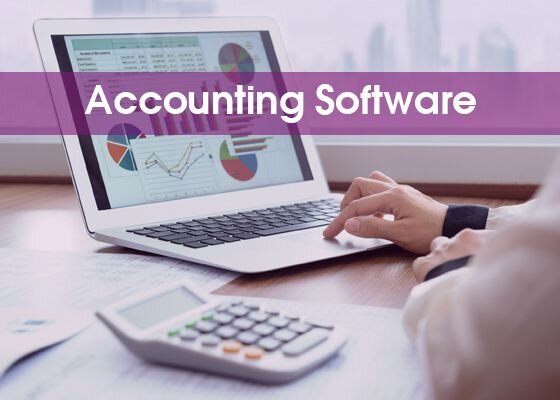In today’s rapidly evolving financial landscape, the importance of a well-rounded, efficient accounting team cannot be overstated. As businesses navigate the complexities of compliance, analytics, and financial strategy, the skills that accounting professionals bring to the table play a critical role in driving success.
But what exactly should leaders prioritize when assembling their teams? While technical expertise in accounting principles is foundational, the savvy finance manager understands that soft skills like communication, critical thinking, and adaptability are just as essential. Moreover, a keen grasp of technological advancements in accounting software and data analysis can empower teams to deliver insights that shape strategic decision-making.
Building an exceptional accounting team involves a delicate dance of balancing traditional competencies with modern demands, creating a harmonious blend that can not only withstand market pressures but thrive in them.
Core Accounting Skills: The Foundation of Competence

Core accounting skills stand as the bedrock of any proficient accounting team, providing the essential framework upon which all other competencies are built. A solid grasp of fundamental principles—such as bookkeeping, financial reporting, and tax regulations—forms the cornerstone of effective practice, enabling team members to navigate the intricate landscape of financial management with confidence.
Moreover, proficiency in software tools is paramount; familiarity with accounting software like QuickBooks or SAP not only streamlines processes but also enhances accuracy in financial analysis. Yet, beyond technicality, critical thinking and analytical skills cannot be overlooked—they empower accountants to interpret complex data and make informed recommendations that drive strategic decisions.
Therefore, investing in these core skills is not merely advantageous; it is indispensable for cultivating a robust, agile accounting team ready to tackle future challenges.
Technical Proficiency in Accounting Software

In today’s fast-paced financial landscape, technical proficiency in accounting software is not just an asset; it is a cornerstone of an effective accounting team. Familiarity with platforms like QuickBooks, SAP, or Oracle can drastically reduce human error, streamline workflows, and enable real-time data analysis.
Picture a scenario where a team adept at utilizing advanced analytics swiftly interprets complex financial statements, unearthing insights that drive strategic decisions. However, raw technical skills alone aren’t sufficient; adaptability in learning new tools and software updates is equally vital.
A team member who can pivot from traditional bookkeeping methods to embrace cloud-based solutions is invaluable—a modern-day accounting virtuoso who can navigate the digital spectrum with ease. Therefore, when building your accounting team, prioritize not only their immediate technical skills but also their capacity for growth and adaptation in an ever-evolving technological landscape.
Attention to Detail: Ensuring Accuracy and Compliance

Attention to detail is the bedrock of any proficient accounting team, acting as the difference between mere numbers on a page and the compelling narrative of a company’s financial health. A vigilant eye can catch discrepancies that might elude the untrained observer—be it a misplaced decimal or a misreported expense—which underscores the importance of meticulousness in every financial report.
Compliance with ever-evolving regulations adds another layer of complexity, transforming routine tasks into significant hurdles if not approached with precision. Thus, fostering a culture where accuracy is not just encouraged but expected becomes vital.
Team members should be equipped with critical thinking skills, allowing them to not only follow guidelines but also to anticipate potential pitfalls. In this dynamic arena, a team that prioritizes attention to detail not only safeguards the integrity of its work but also builds the trust of stakeholders and clients alike.
Conclusion
In conclusion, assembling an efficient accounting team requires a strategic focus on a diverse set of skills that extend beyond traditional accounting expertise. Critical thinking, adaptability, effective communication, and technological proficiency are all essential in navigating the complexities of today’s financial landscape.
By prioritizing these skills, organizations can foster a resilient team that not only maintains accuracy and compliance but also drives strategic growth. As the industry continues to evolve, incorporating tools and insights from reputable sources like Accountancy Capital can further enhance the tteam’scapabilities, ensuring they are well-equipped to tackle future challenges and seize new opportunities. Investing in the right skill set will ultimately pave the way for a more dynamic and efficient accounting function.


